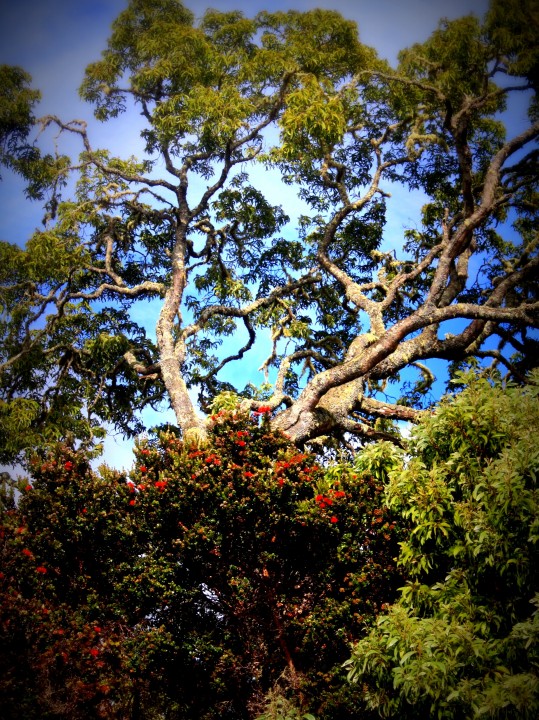
Location: Islands of Hawaiʻi
How can we support climate adaptation for bio-cultural resource managers in Hawaiʻi?
Climate change is one of the most pressing challenges of our time, and its impacts require that we change the way we consider management in order to ensure the future of habitats, species, and human communities. The Hawaiian Islands encompass a dynamic region featuring iconic habitats and species at risk from a number of stresses. Climate change impacts, coupled with land use changes, invasive species spread, and population growth and development, all have important implications for the ecosystem services upon which over 1.4 million people rely.
This initiative will focus on 4 projects over the next five years (2015-2019), however there have been other projects that also support this initiative as seen below.
Other Projects that support the HITAI:
Main Hawaiian Islands Vulnerability Assessment: Native Forest Birds
Main Hawaiian Islands Vulnerability Assessment: Native Plants
TEK, Molokai Fishponds Invasive Species & Watersheds
TEK, Ka‘upulehu, Hawai‘i Malaria Immunity Study
Montane Plants & Precipitation Albatross & Climate Change
High Elevation Ecosystems Coastal Wetlands & SLR




